Blood donation is an essential component of healthcare. Blood transfusions are used by doctors all around the world to save lives. Thousands of people rely on donated blood and blood products every day to stay alive or maintain their health.
Donating blood is a wonderful thing to do, but there are a few things you should know before you give your arm away.
Eligibility
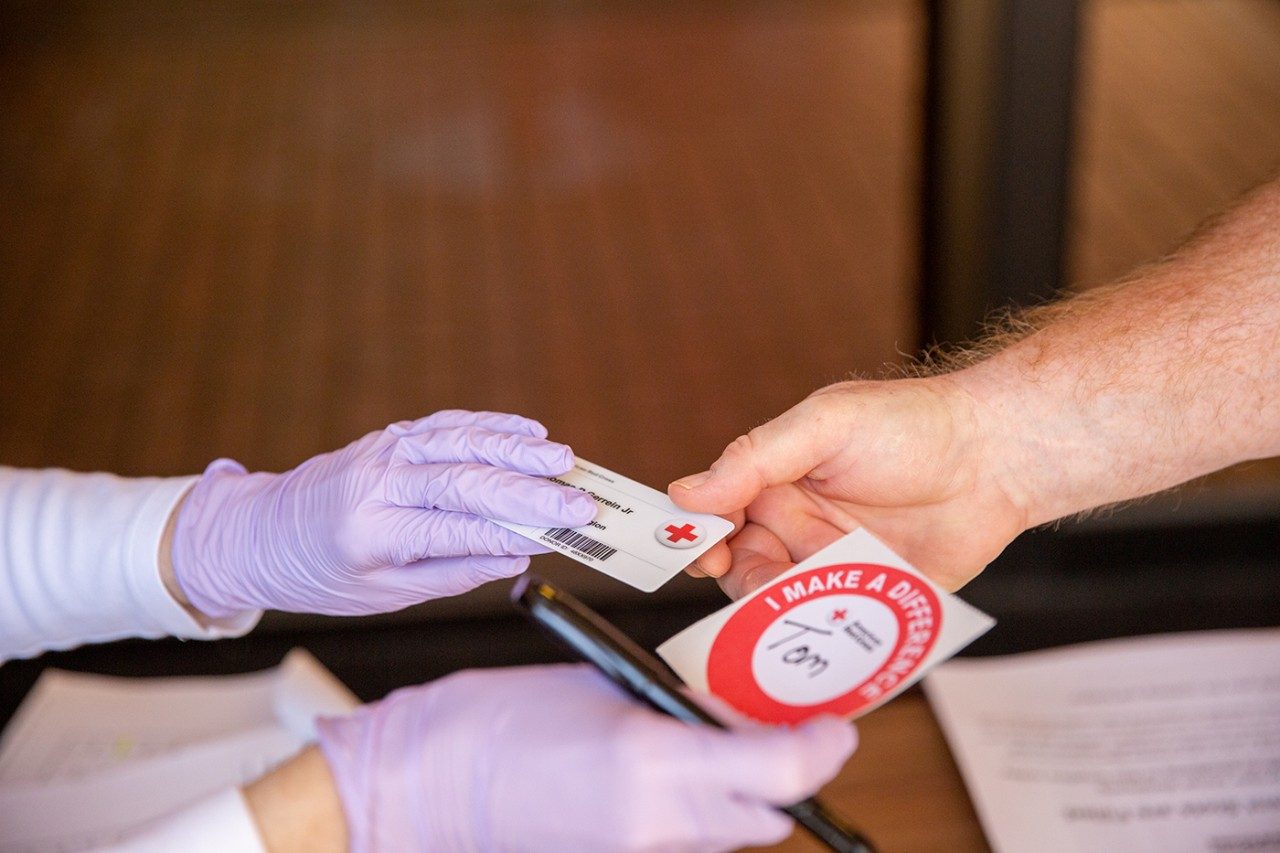
Although everyone can donate blood, there are some conditions that prevent someone from doing so. Before giving blood, a person must meet certain standards. Here are the basics:
- You are aged between 18 and 65. However, in some countries, national legislation permits 16–17 year-olds to donate provided they follow certain criteria.
- You weigh at least 50 kg. In some countries, donors of whole blood donations should weigh at least 45 kg to donate 350 ml ± 10%
- You must be in good health at the time you donate. If you have a cold, flu, sore throat, cold sore, stomach illness, or any other infection, you cannot give. If you’ve recently had a tattoo or body piercing, you won’t be able to donate for six months after the surgery. After 12 hours, if the body piercing was done by a qualified health practitioner and any inflammation has subsided, you can donate blood. If your haemoglobin level is below the minimum for blood donation, you cannot donate blood.
Types of Blood Donation
If you must know, there are several types of blood donation that are quite different from each other. There’s whole blood, platelets, plasma, and power red donation.
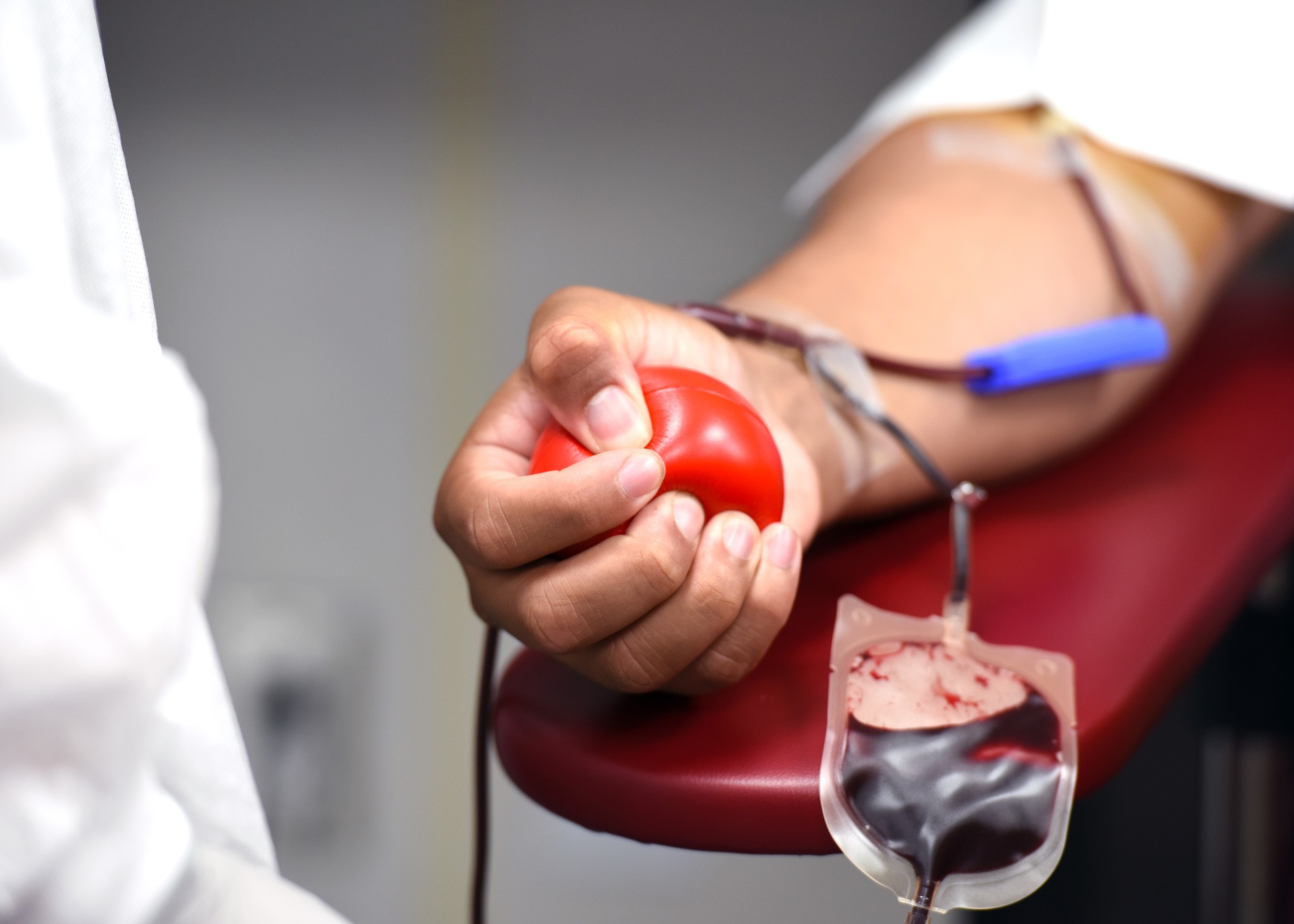
The most adaptable type of donation is whole blood. It can be transfused whole or broken down into its individual components of red cells, plasma, and platelets to benefit many patients. Trauma patients and persons having surgery are regularly given whole blood. This contribution takes around an hour to complete, and it occurs every 56 days.
Platelets are microscopic blood cells that help to halt bleeding by forming clots. Cancer patients and others who are dealing with life-threatening illnesses and injuries are the most likely to benefit from platelets. An apheresis machine gathers your platelets and some plasma during a platelet donation, then returns your red cells and most of the plasma to you. A single platelet contribution can provide many transfusable units, whereas a single transfusable unit of platelets requires roughly five whole blood donations. Platelets are occasionally collected only at donation centers and not at blood drives.
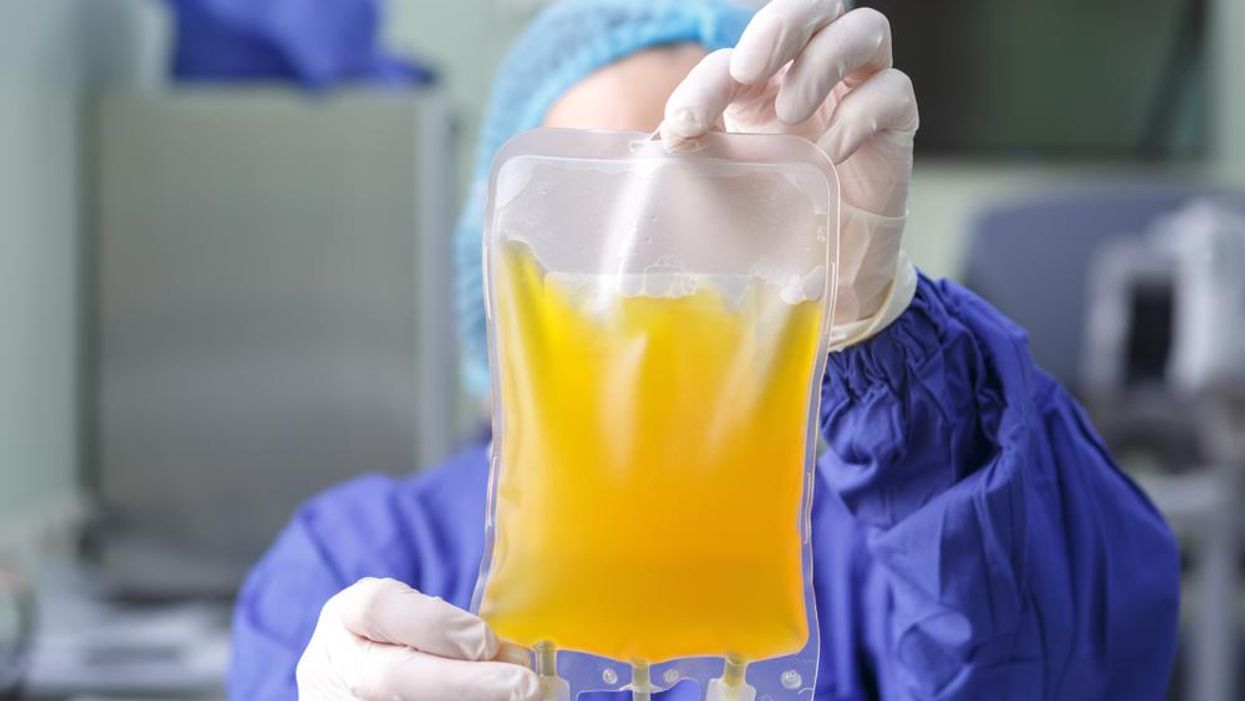
For plasma, you donate a portion of your blood that is utilized to treat patients in emergency situations, during an AB Elite donation. Anyone, regardless of blood type, can get AB plasma. Plasma is collected using an automated technique that separates plasma from other blood components before returning your red blood cells and platelets to you safely and pleasantly. AB Elite maximises your gift while just taking a few minutes longer than blood donation.
During a Power Red donation, you offer a concentrated dosage of red cells, the part of your blood that is utilized every day for patients who require transfusions. This sort of donation uses an automated method to separate your red blood cells from the other blood components before returning your plasma and platelets to you safely and pleasantly. You can donate more red cells and have a greater impact on patients in need by taking a few minutes longer at your appointment.
Benefits
That aspect of the arrangement is rarely discussed. While the impact is less visible, there are a number of health benefits associated with blood donation. Perhaps you’re thinking about donating blood but aren’t sure how it will affect your body. Perhaps you’ve done it before and are interested in how it would affect you if you donate on a regular basis. In any case, some of the benefits could surprise you. Some of the benefits of donating blood are:
- Stimulates Blood Cell Production
- Blood Donation helps to reduce the risk of heart attack and cancer
- Donation of blood burns calories & helps in weight loss
- Blood donation helps to maintain healthy liver
- Prevents Hemochromatosis and helps to maintain an iron level
- By donating blood you can save someone’s life
- It helps you to complete your social responsibilities
Do’s and Don’ts
Here are a few things you should and should not do when donating blood. Donating blood should be done in the proper manner. You may be sent back if you do not take care of certain things.
1. Consider bringing someone to keep you company.
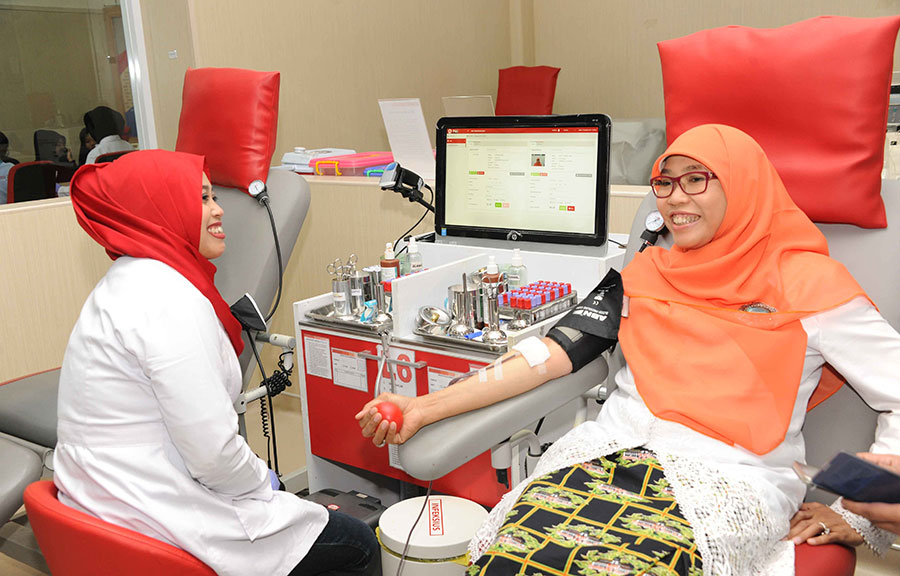
This will not only keep you company during the blood donation process, but it will also provide you with someone to look after you if you become dizzy or light-headed.
2. Drink lots of water

Water should be consumed in large quantities. Water helps you stay hydrated, regulates your biological functions. and will help to prevent low blood pressure.
3. Eat a proper meal

Consume a nutritious meal. Blood donation should never be done on an empty stomach, according to experts. Before donating blood, eat a light but hearty meal. Don’t give blood if you haven’t eaten anything. For a brief time, drawing blood from your body will affect your blood pressure. Low blood pressure can cause symptoms such as dizziness, shaking, and fainting. If you donate blood on an empty stomach, these symptoms will worsen.
4. If you’re not feeling well, don’t donate blood

There could be a variety of reasons why you aren’t feeling well. It could be a simple case of the flu or a sign of something more serious. In any case, donating blood when you are sick is not a good idea.
5. Before donating blood, don’t smoke or drink.

Smoking and drinking are both harmful to one’s health and should be avoided at all costs. Both alcohol and nicotine can linger in your system for a long time. Donating blood that has been tainted with nicotine or alcohol is harmful to the person who receives it.
Blood is one of the most vital elements in a person’s survival. A typical human body contains 4 to 6 liters of blood, depending on the gender and shape of the individual. It is well recognized that severe blood loss can result in death. Hence, it is important to know basic things about blood donation before even considering donating.
Sources:Medical News Today,WHO,Indus Health Plus,Acko,Red Cross Blood

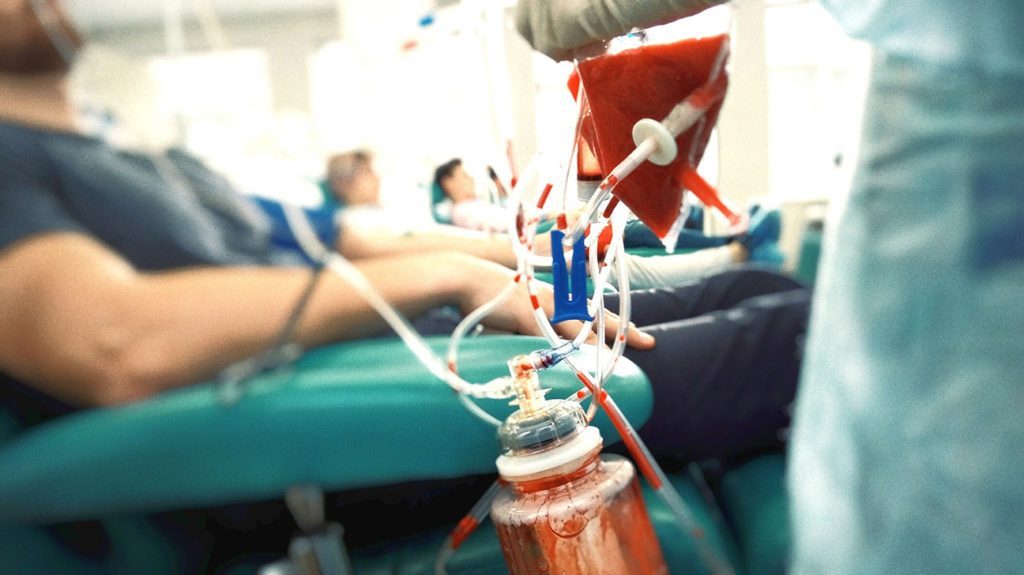






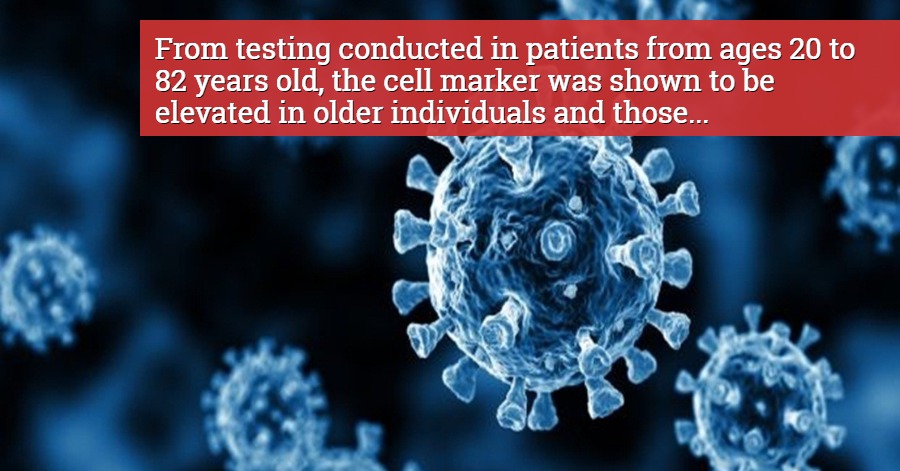
Leave a Comment